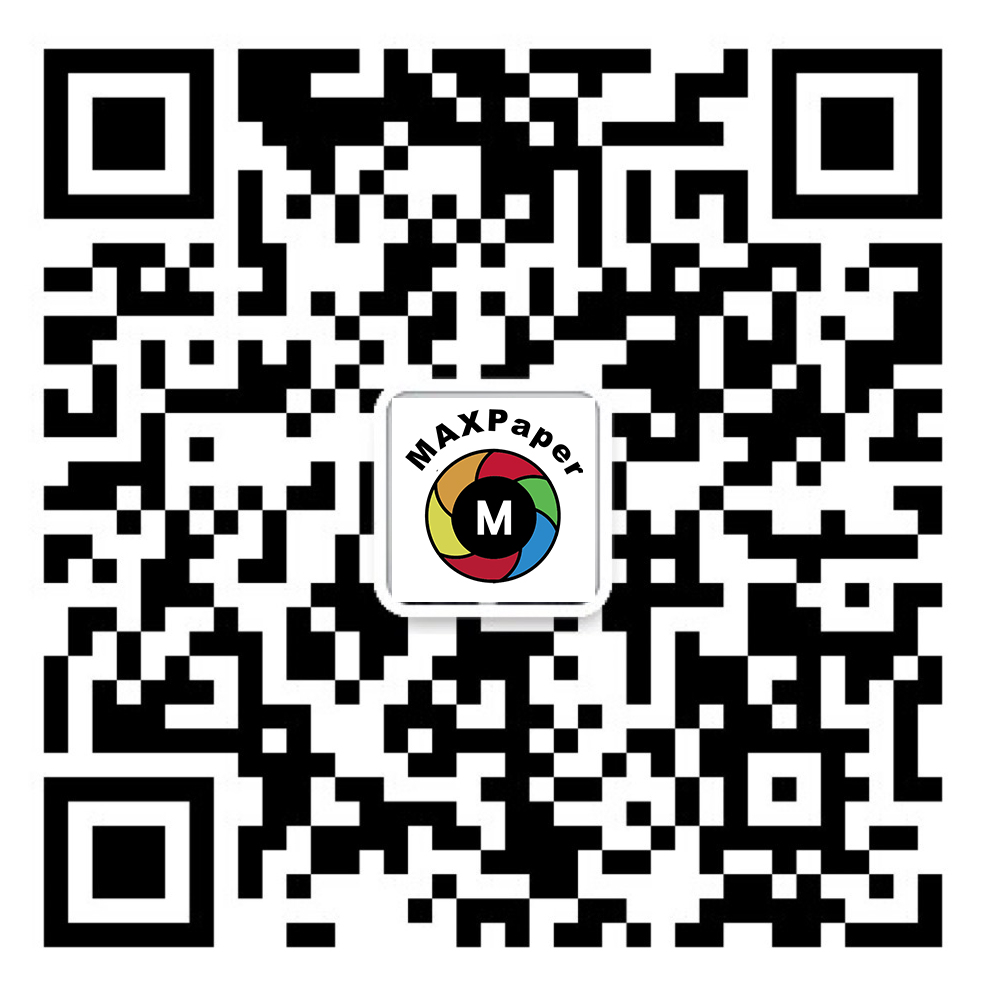“Transfer Paper for Everyday Use, Sticky Sublimation Transfer Paper for Lasting Results!” – SUBLIMATIONTRANSFERPAPER – Digital Sublimation Paper Factory, Vinyl Sublimation Paper Roll Wholesale, Made in China
Introduction
Transfer paper and sticky sublimation transfer paper are two types of paper used in the printing process. Transfer paper is used to transfer images from one surface to another, while sticky sublimation transfer paper is used to transfer images onto fabric. Both types of paper are used in a variety of printing applications, but they have some key differences that should be taken into consideration when selecting the right paper for a project. This article will discuss the differences between transfer paper and sticky sublimation transfer paper, including their uses, advantages, and disadvantages.
Understanding the Advantages and Disadvantages of Transfer Paper and Sticky Sublimation Transfer Paper
Transfer paper and sticky sublimation transfer paper are two popular methods of transferring images onto fabric. Both have their advantages and disadvantages, and it is important to understand them before deciding which method to use.
One of the main advantages of transfer paper is that it is relatively inexpensive and easy to use. It is also available in a variety of sizes and colors, making it a great choice for a wide range of projects. Additionally, transfer paper can be used on a variety of fabrics, including cotton, polyester, and nylon.
However, transfer paper has some drawbacks. It is not as durable as other methods, and the image may fade over time. Additionally, the image may not be as sharp as it would be with other methods.
Sticky sublimation transfer paper is a more expensive option, but it offers several advantages. It is more durable than transfer paper, and the image will not fade over time. Additionally, the image will be sharper and more vibrant than with other methods.
The main disadvantage of sticky sublimation transfer paper is that it is more difficult to use. It requires a special printer and ink, which can be time-consuming. Additionally, it is not suitable for all fabrics, and it may not work on some fabrics.
In conclusion, transfer paper and sticky sublimation transfer paper are both popular methods of transferring images onto fabric. Each has its advantages and disadvantages, and it is important to understand them before deciding which method to use.
Comparing the Different Uses of Transfer Paper and Sticky Sublimation Transfer Paper
Transfer paper and sticky sublimation transfer paper are two types of paper used for transferring images onto other surfaces. While both types of paper are used for the same purpose, they have different uses and advantages.
Transfer paper is a type of paper that is used to transfer images onto other surfaces such as fabric, wood, and metal. It is a thin paper that is coated with a special adhesive that allows it to stick to the surface to which it is being applied. The image is printed onto the transfer paper and then transferred onto the desired surface. Transfer paper is ideal for transferring images onto surfaces that are not heat resistant, such as fabric and wood.
Sticky sublimation transfer paper is a type of paper that is used to transfer images onto surfaces that are heat resistant, such as metal and ceramic. It is a thicker paper that is coated with a special adhesive that allows it to stick to the surface to which it is being applied. The image is printed onto the sticky sublimation transfer paper and then transferred onto the desired surface using a heat press. Sticky sublimation transfer paper is ideal for transferring images onto surfaces that are heat resistant, such as metal and ceramic.
In conclusion, transfer paper and sticky sublimation transfer paper are two types of paper used for transferring images onto other surfaces. While both types of paper are used for the same purpose, they have different uses and advantages. Transfer paper is ideal for transferring images onto surfaces that are not heat resistant, such as fabric and wood, while sticky sublimation transfer paper is ideal for transferring images onto surfaces that are heat resistant, such as metal and ceramic.
Exploring the Benefits of Transfer Paper vs. Sticky Sublimation Transfer Paper
Transfer paper and sticky sublimation transfer paper are two popular methods for transferring images onto fabric. Both have their advantages and disadvantages, and it is important to understand the differences between them to make an informed decision when selecting the best option for a particular project.
Transfer paper is a type of paper that is designed to transfer images onto fabric. It is a simple and cost-effective way to transfer images onto fabric and is widely used in the textile industry. The process involves printing the image onto the transfer paper, then ironing the paper onto the fabric. The image is then transferred onto the fabric. The advantage of using transfer paper is that it is relatively inexpensive and easy to use. The disadvantage is that the image may not be as vibrant or long-lasting as with other methods.
Sticky sublimation transfer paper is a type of paper that is designed to transfer images onto fabric using a heat press. The process involves printing the image onto the transfer paper, then placing the paper onto the fabric and pressing it with a heat press. The image is then transferred onto the fabric. The advantage of using sticky sublimation transfer paper is that the image is more vibrant and long-lasting than with other methods. The disadvantage is that it is more expensive and requires a heat press to use.
In conclusion, both transfer paper and sticky sublimation transfer paper have their advantages and disadvantages. It is essential to consider the cost, ease of use, and quality of the image when selecting the best option for a particular project.
Conclusion
In conclusion, transfer paper and sticky sublimation transfer paper are both great options for transferring images onto fabric. Transfer paper is great for transferring images onto light-colored fabrics, while sticky sublimation transfer paper is best for transferring images onto dark-colored fabrics. Both types of paper require a heat press to transfer the image, but sticky sublimation transfer paper requires a higher temperature than transfer paper. Ultimately, the choice between the two types of paper depends on the fabric color and the desired image quality.

